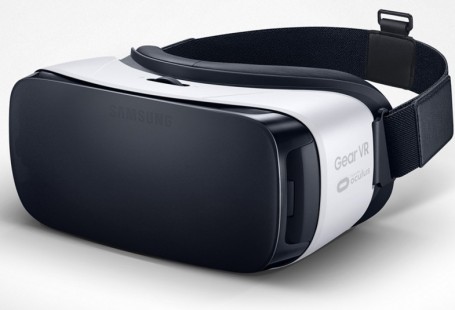There’s a sentence intimately associated with 3d printers: they were promising. . The problem is that the technology has not gone further than that. It’s just promising. It was promising in 2010, and it’s still promising in 2016. It’s so promising that we have grown tired about it: we have started to pin our hopes in other areas. 3D printers are cool, but that’s it.
Reading the recent post at The Awl I’ve thought about what has happened to this revolution that never was. The author, Evan Malmgren, has its own theory:
The maker movement was demoted from a force of social transformation to a geeky subculture; open source HAD failed to take hold of materials production. […] MakerBot Sought to “open source” materials production through private enterprise, and Pettis’s vision failed Precisely Because of That contradiction-it was an Attempt to graft a collectivist approach on top of an aggressively private one.
That’s weird. When MakerBot started to launch its 3D printers it did so with an open mind. Everything was Open Source, it was by and for the community. All very hippie-like, with Jony Ive’s bright colors and with that spirit that usually makes ideas great but not their execution. And then competition arose, and then MakerBot created the Replicator 2 and then that machine became a proprietary development, and then the Open Source spirit rotted. Of course. MakerBot wanted to make money, and suffered on its own flesh the disadvantages of an Open Source model when trying to compete. Others had too much work done.
Maybe that has been one of the causes of the current status of 3D printing, but I’m afraid there’s been a much more important reason: we have overestimated the ability of these machines.
In fact, it’s not your fault. Its our fault: tech media fault. We swallowed those promises and we raised them to infinity and beyond. 3D printers were destined to democratize home production of all kinds of small (and not so small) inventions. We were supposed to become fierce competitors of the masters of cloning: chinese makers. You could make your own teaspoon, a missing sword for that action figure for your kids, or, for that matter, a gun which would be useful to take care of that troll that is annoying you everyday.
All very promising, of course, but the results, though amazing in some cases, were anecdotal (but they were certainly cool, pay attention to that link) for ordinary mortals. In fact that’s the feeling that many have about this technology: 3D printers are fine for demo time, but in most cases the wow factor when you see that Yoga little head or your own face printed in 3D lasts 10 minutes. That’s all.
Technological journalists keep talking about these machines, but the fact is that those amazing applications-and there are certainly some of those- seem to remain anecdotal. The limitations on available materials, colors, sizes, print speeds or the final results prove that to get the best results you have to spend lots of money. And that’s not worthy when all you have is the guarantee that you will be able to brag about that little creation with some friends -who will consider you a nerd. Quoting the original article again:
In this sense, the 3D printer is not part of a “second Industrial Revolution,” but an extension of the first. The real impact of industrialization was not due to the invention of power machines like steam engines, but the onset of tooled machines, Which removed the tools from the hands of workers. 3D printing does not Represent an inversion of the subdivision of mechanized work, then a, but an intensification of it. The appearance of mechanical autonomy is an illusion.
I think there’s a pessimistic tone in The Awl piece. Maybe we’re not before that ‘Industrial Revolution 2.0’ that MakerBot creators talked about, but 3D printing has a bright future ahead. I don´’t know how long it will be until that promising technology goes beyond that, but I’m sure that time will come. It happened with CD recorders, and with laser printers, and with so many other technology products that needed just a little more time to mature.
3D printing will remain the revolution that never really was meanwhile. But even so, what a brilliant fake revolution.






